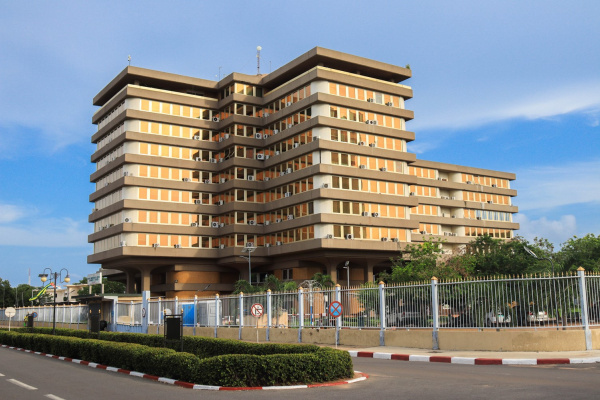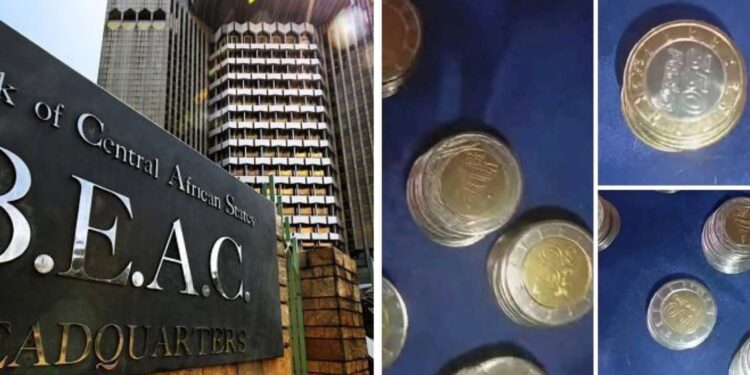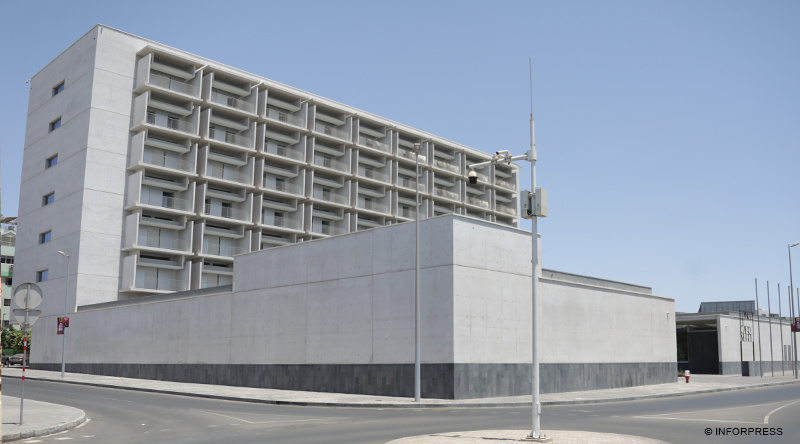In a rare display of investor confidence in a volatile regional economic landscape, Togo recently raised 22 billion CFA francs on the West African Economic and Monetary Union (WAEMU) government securities market. This isn’t just a win for the Togolese government—it’s a moment that highlights the maturing of regional capital markets in West Africa, and the nuanced dynamics at play in the WAEMU securities landscape.
What the Numbers Reveal. On February 11, 2024, Togo floated Treasury Bonds (BAT) on the WAEMU market with an initial target of 20 billion CFA francs. The response? A staggering 71.4 billion CFA francs in offers from 22 investors, representing a coverage rate of 357.33%. Togo eventually retained 22 billion CFA francs, modestly overshooting its target by 10%.
The instruments in question were short-term: 182-day and 364-day treasury bills. Togo raised 4.75 billion CFA francs from the former and 17.25 billion CFA francs from the latter—both issued at competitive, multiple interest rates.
But this isn’t just about one successful bond issue. It’s a signal that Togo is playing a smart game in a market that’s increasingly sensitive to fiscal credibility, regional stability, and investor appetite.
Is the Report Credible? Yes—and here’s why. The figures were released by UMOA-Titres, the official agency mandated to coordinate public debt issuance in the WAEMU zone. The agency operates under the supervision of the BCEAO (Central Bank of West African States), which governs monetary policy for eight West African nations including Togo.
UMOA-Titres provides full transparency for auctions, with detailed breakdowns of participation, bids received, and amounts retained. That 71.4 billion CFA francs in offers came from 22 investors is verifiable and reflects both institutional interest and regional liquidity.
Moreover, Togo has a track record. Since the beginning of 2024, it has already raised 143.5 billion CFA francs toward an annual debt issuance target of 332 billion CFA francs—nearly 43% achieved in just two months. These are not the numbers of a fluke but of a state executing a calculated strategy.
Why the Oversubscription? Several factors contributed to the enthusiastic investor response, principally among which was Market Liquidity. WAEMU’s monetary policy remains accommodative. The BCEAO’s current stance allows for relatively low-interest rates, making government securities an attractive and safe outlet for institutional investors.
Secondly, Togo has made strides in public financial management and debt transparency. It has maintained relative macroeconomic stability despite global and regional pressures, earning it investor trust. Diversified Investor Base in WAEMU market mirrored in the active participation of commercial banks, pension funds, and insurance companies in public auctions contributed in the over-subscription of Togo’s BAT. These institutions demonstrates strong appetites for risk-moderate, short-term instruments.
Finally, the effect of relative stability in the body politics of the country cannot be discounted, in context of this report. Togo has enjoyed more consistent governance compared to some regional peers, enhancing its perception among investors.
The WAEMU government securities market is a regional platform that allows member states—Benin, Burkina Faso, Côte d’Ivoire, Guinea-Bissau, Mali, Niger, Senegal, and Togo—to issue debt instruments. Managed by UMOA-Titres and supervised by the BCEAO, the market is designed to enhance financial integration and provide states with standardized access to liquidity.
Short-term treasury bills (maturities under one year) or BATs (Bons Assimilables du Trésor), and longer-term treasury bonds (up to 10 years or more) referred to as OTs (Obligations Assimilables du Trésor, are the two dominant types of instruments Togo offers. For the country, the bond market has become a vital tool for fiscal planning and public investment, especially in the face of declining external aid and increased infrastructure needs.
Despite its successes, the WAEMU securities market has limitations. Liquidity is still concentrated among a few major players—mostly commercial banks—while secondary markets remain underdeveloped. Transparency and regulatory harmonization have improved but still face challenges, especially around investor protection and debt sustainability analysis.
However, its potential is undeniable. The market has grown consistently over the past decade, with issuance volumes now routinely crossing the trillion-CFA threshold annually. Countries like Côte d’Ivoire and Senegal have successfully used it to finance ambitious development plans.
For countries like Togo, the WAEMU market represents a credible, increasingly sophisticated avenue for sovereign financing, one that reduces dependency on external borrowing in hard currency. It also pushes governments to adhere to regional fiscal convergence criteria—anchoring fiscal discipline across the bloc.
Togo’s successful bond float isn’t just a fiscal achievement—it’s a sign of confidence in the country’s economic governance and in the regional market’s resilience. It underscores how small West African economies can strategically navigate regional platforms to meet their development goals.
As WAEMU’s securities market matures, we can expect more countries to follow Togo’s lead—offering compelling instruments, building investor confidence, and deepening financial integration across Francophone West Africa.
For now, though, Togo gets to claim the spotlight—with 22 billion CFA francs to show for it.




